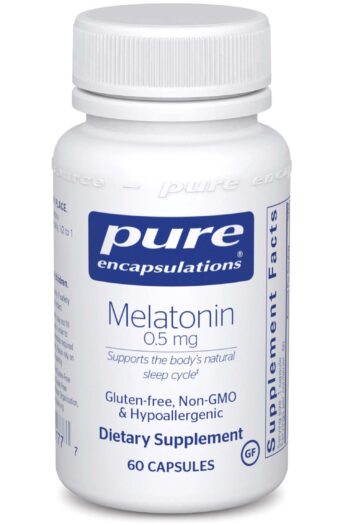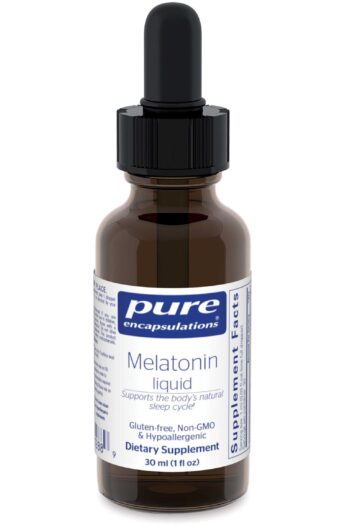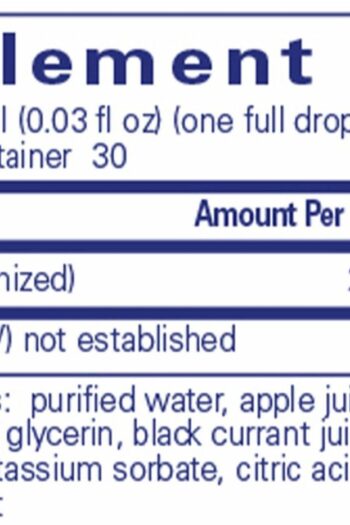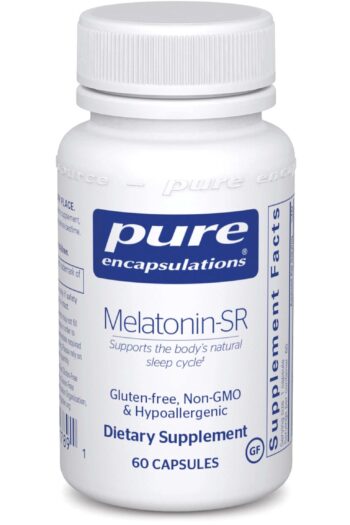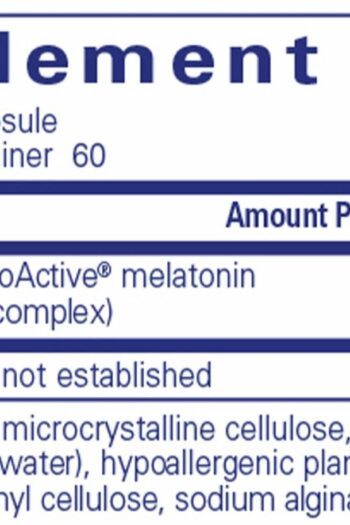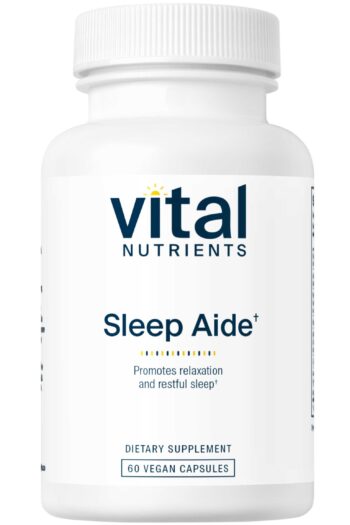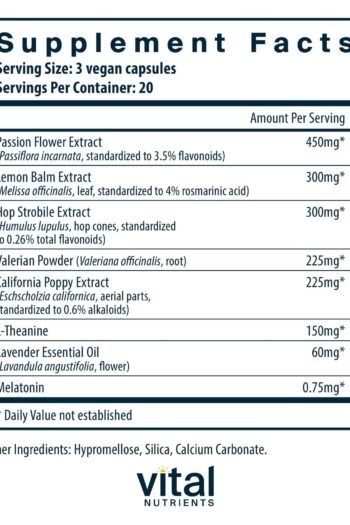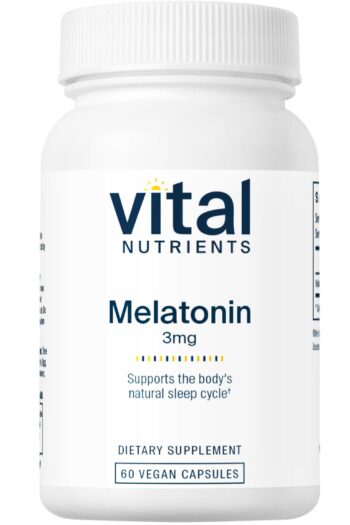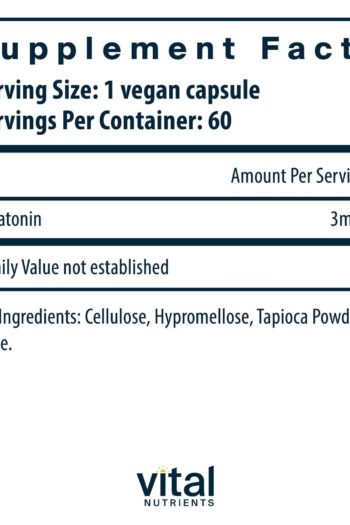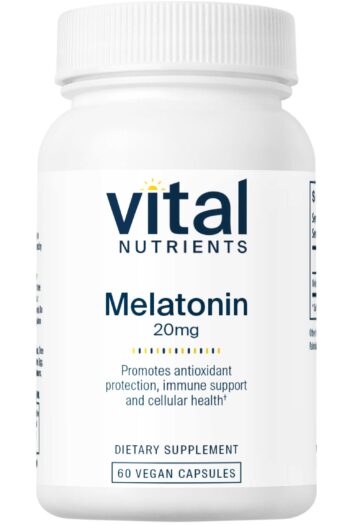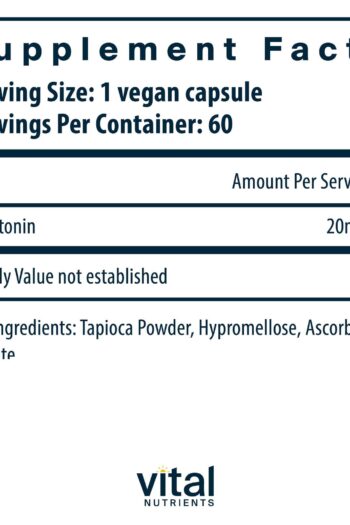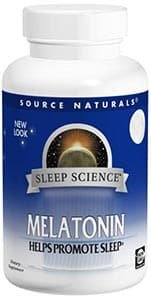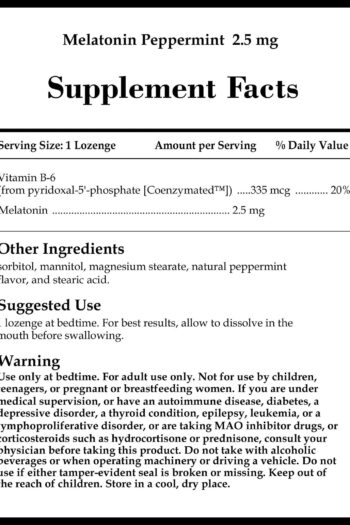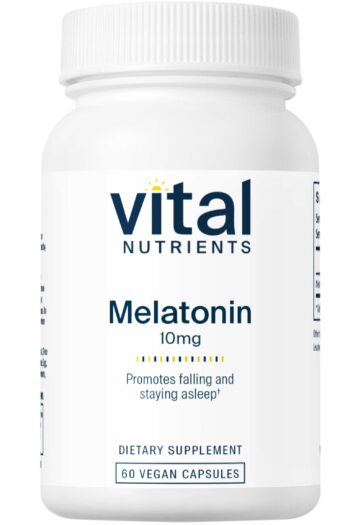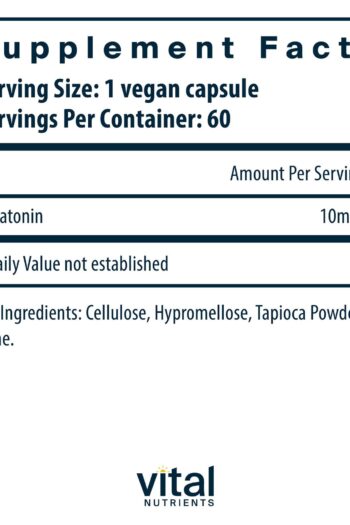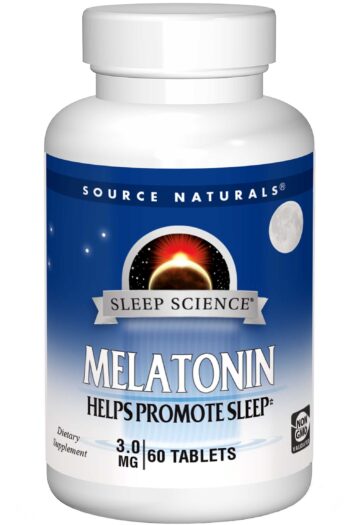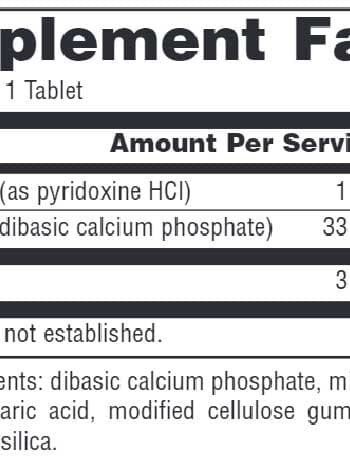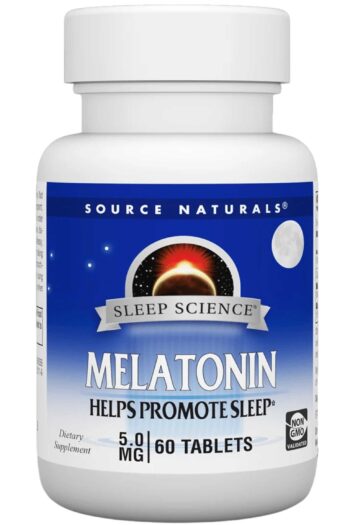
Women’s Health Essentials for Every Age
Women’s health is a lifelong journey that evolves through various stages, each with its unique challenges and opportunities. From the formative years of adolescence to the reflective days of post-menopause, understanding and addressing the health needs at each phase is crucial for fostering a lifetime of well-being. This blog post explores the essentials of women’s health across different life stages: adolescence, reproductive years, midlife and menopause, and post-menopausal health.
Adolescence: Laying the Foundation
The adolescent years are a critical period for physical, emotional, and social development. Establishing healthy habits during this stage lays the groundwork for future well-being. One of the most vital factors is physical activity. Regular exercise contributes to physical health and helps manage stress, boosts self-esteem, and enhances mood.
Engaging in activities like sports, dance, or even group exercise can foster a positive body image and strengthen social connections. In addition, education on reproductive health and hygiene is essential. Equipping young women with knowledge about their bodies empowers them to make informed decisions, promotes self-confidence, and reduces anxiety about the changes they are experiencing. Providing comprehensive education helps in building a solid foundation for their future health.
Reproductive Years: Nurturing and Empowerment
As women enter their reproductive years, health priorities evolve toward fertility, pregnancy, and family planning. This phase is marked by vitality and the potential for motherhood, yet it also introduces specific health challenges. Regular gynecological examinations become paramount, including routine check-ups, Pap smears, and pelvic exams, to monitor reproductive health and address any concerns as they arise.
Open conversations with healthcare providers about reproductive options and family planning are crucial. This is also a time to focus on mental and emotional well-being. Balancing career, family plans, and personal life can create stress and anxiety. Building a strong support network—whether through family, friends, or professional counseling—can significantly ease this pressure. Prioritizing self-care through hobbies, relaxation techniques, and mindfulness practices can help women navigate this demanding phase with greater ease.
Midlife and Menopause: Embracing Change
Midlife represents a significant transition, characterized by the onset of perimenopause and menopause, alongside important hormonal changes. This transition can come with various symptoms, including hot flashes, mood swings, and other physical changes that necessitate proactive health management.
During midlife, the focus on nutrition and exercise becomes increasingly essential. A diet rich in calcium and vitamin D is crucial for maintaining bone health, especially as estrogen levels decline. Incorporating weight-bearing exercises, such as walking and strength training, can also help maintain muscle mass and support cardiovascular health.
Mental health deserves particular attention during this time. Many women reflect on their past achievements and consider future goals, which can create a flood of emotions. Mindfulness practices, such as yoga and meditation, can help manage stress, fostering a positive outlook and resilience during this transformative period.
Post-Menopausal Health: Wisdom and Wellness
After menopause, women face a new set of health considerations. Nutrition remains a cornerstone of well-being. A balanced diet, rich in antioxidants, fiber, and lean protein, supports overall health and reduces the risk of chronic diseases. Foods such as leafy greens, berries, nuts, and whole grains bolster energy levels and overall vitality. Staying hydrated is also crucial for digestive health and maintaining skin elasticity.
Nutrition and Lifestyle Across the Lifespan
Regardless of age, maintaining a balanced diet and healthy lifestyle is essential for overall health. What women choose to eat significantly influences their energy levels, mental clarity, and chronic disease prevention. Tailting dietary strategies to each life stage—whether it’s nutrient-dense meals during adolescence or carefully planned nutrition during post-menopause—is vital for long-term health.
Mental and Emotional Well-Being
Emotional and mental health is just as important as physical well-being. Adolescents particularly need a strong foundation in mental health as they navigate changes and pressures. As women age, they often find themselves juggling multiple responsibilities—professional, familial, and personal—which can lead to stress and burnout.
Prioritizing mental health by seeking support when needed, practicing mindfulness, and engaging in enjoyable activities can significantly enhance quality of life. Building emotional resilience through self-reflection and supportive relationships is crucial for navigating life’s challenges across all ages.
Self-care is a cornerstone of mental health. Whether through meditation, enjoying a beloved hobby, or spending time in nature, these practices contribute to a balanced and fulfilling life. Recognizing the integral role of mental health allows women to adopt a holistic approach to wellness that nurtures both mind and body.
Preventive Care and Regular Screenings
Preventive care is essential for women’s health at every stage. Regular medical check-ups, screenings, and vaccinations can help catch minor health issues before they become serious. Adolescents benefit from routine check-ups to monitor growth, while women of reproductive age require regular gynecological exams to ensure reproductive health. As women reach midlife and beyond, screenings for chronic conditions—like heart disease, osteoporosis, and certain cancers—become increasingly important.
Preventive care not only facilitates early diagnosis but also empowers women to take control of their health through informed decisions and timely interventions, enabling them to live healthier, fuller lives.
Conclusion
Women’s health is a lifelong journey that evolves with each stage of life. From the dynamic days of adolescence to the contemplative years of post-menopause, every phase presents unique challenges and enriching opportunities for growth. By adopting a comprehensive approach that prioritizes balanced nutrition, regular exercise, mental health, and preventive care, women can navigate these transitions with strength and grace.
The essential components of women’s health are intricately woven into the fabric of daily living, creating a vibrant tapestry of wellness that honors both body and mind. With informed and proactive strategies, women can triumph over the challenges of hormonal changes, lifestyle shifts, and external pressures, championing their health and embracing their unique journeys with vitality, confidence, and resilience.

